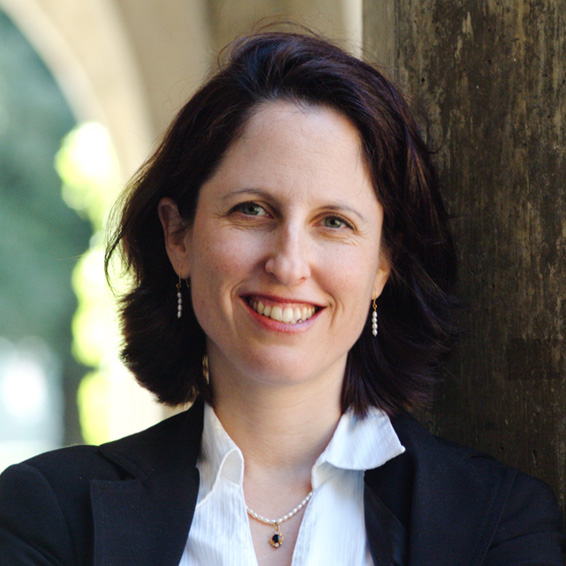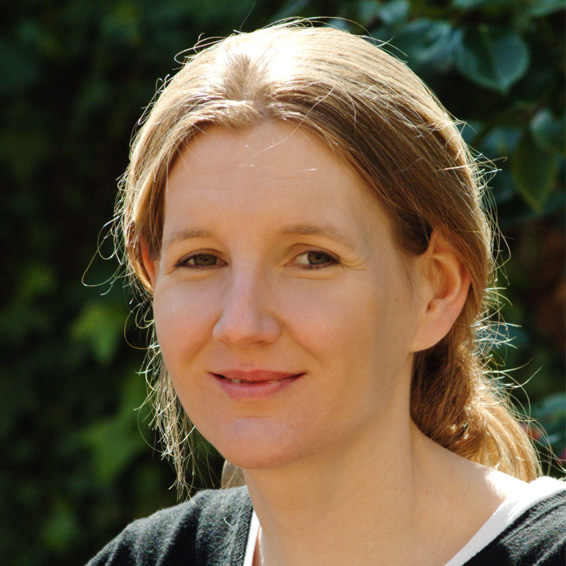Law and Economics
JD/MA, JD/PhD
A degree that blends expertise in law and economics enables lawyers to have an impact on a wide range of issues related to law, business, and finance. Judges and practitioners increasingly rely on economic reasoning to resolve legal disputes. In some areas of legal practice—especially antitrust law, tax law, bankruptcy, corporate and securities law, and other fields of economic law—economic reasoning is often central to the focus of legal arguments, and it continues to grow in importance in many other seemingly non-economic fields, such as environmental law, intellectual property law, health law, and more.
With a superb economics department, top-ranked economists in the Graduate School of Business, and a law school oriented toward interdisciplinary education and research, Stanford offers an ideal learning environment for studying law and economics. Faculty who lead in their fields are a key Stanford asset; the university is proud to claim eight Nobel laureates in economics.
A Stanford JD/MA in law and economics can support a career in virtually any area of legal practice, including corporate law, tort law, contract law, civil procedure, and international law. Students who pursue a Stanford JD/PhD in this area receive strong background for an academic career or work in the private sector or government.
Course Requirements
For the JD/MA program, as many as 45 quarter units of approved courses may be counted toward both degrees. For the JD/PhD program, as many as 54 quarter units of approved courses may be counted toward both degrees. In either case, no more than 31 quarter units of courses that originate outside the law school may count toward the law degree.
The maximum number of law school credits that may be counted toward the MA or PhD in economics is the greater of: (i) 5 quarter units in the case of the MA and 10 quarter units in the case of the PhD; or (ii) the maximum number of units from courses outside the department that MA or PhD candidates in economics are permitted to count toward the applicable degree under general departmental guidelines or in the case of a particular student’s individual program.
Note to applicants: The Knight-Hennessy Scholars program awards full funding to Stanford graduate students from all disciplines, with additional opportunities for leadership training and collaboration across fields. Joint Degree applicants are encouraged to apply to the Knight–Hennessy Scholars Program. Please be aware that the Knight-Hennessy Scholars applications are due in early Autumn one year prior to enrollment. View dates and deadlines: knight-hennessy.stanford.edu/dates-and-deadlines.
At this point in my career, I'm doing exactly what I want to do, and I owe it to my Stanford joint degree. I had enormous flexibility to tailor the program to my academic and professional goals, making it easy to move between two academic homes and do the research I wanted to do.
Gillian Hadfield, JD/PhD in Law and Economics, '88













